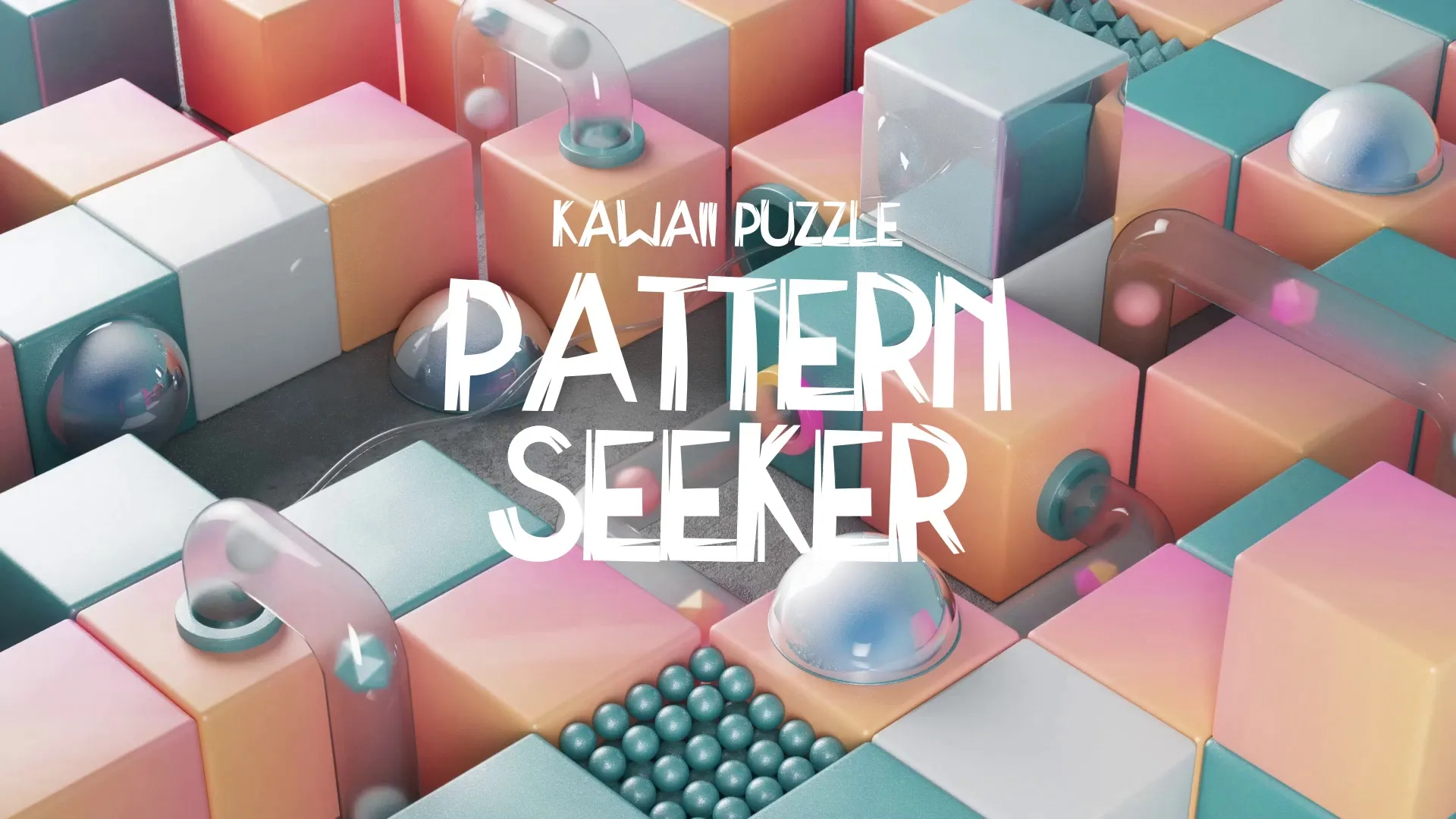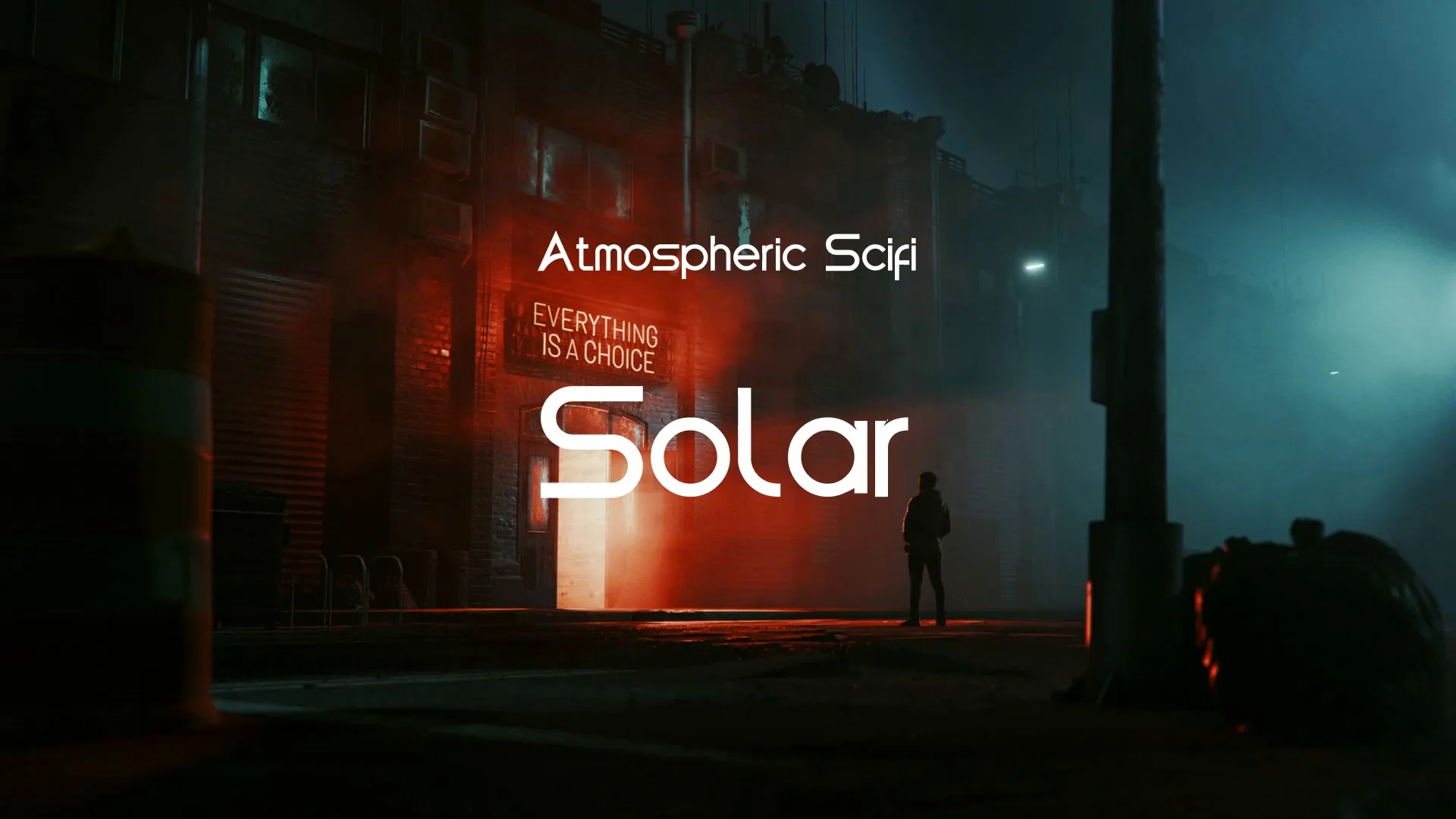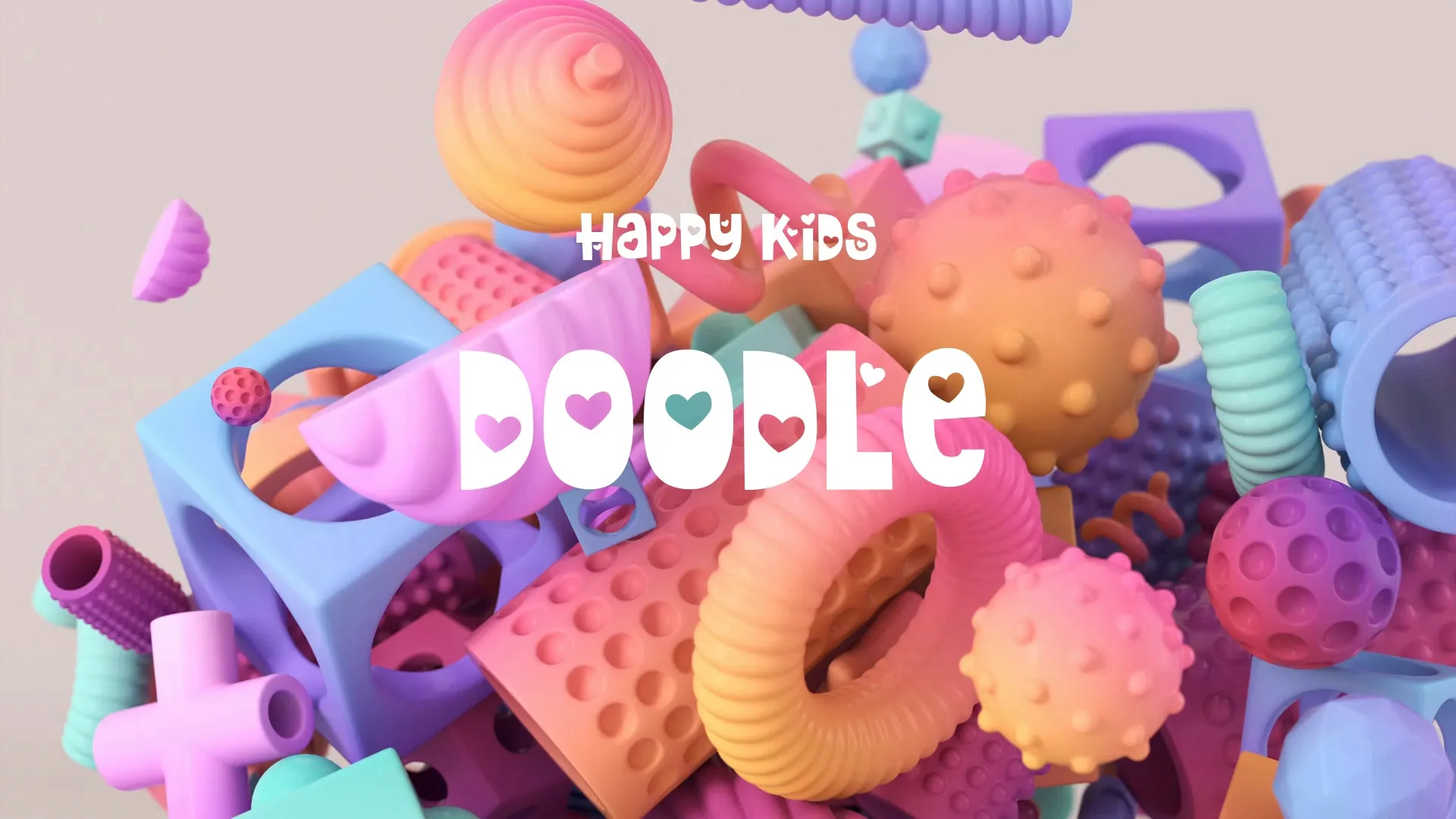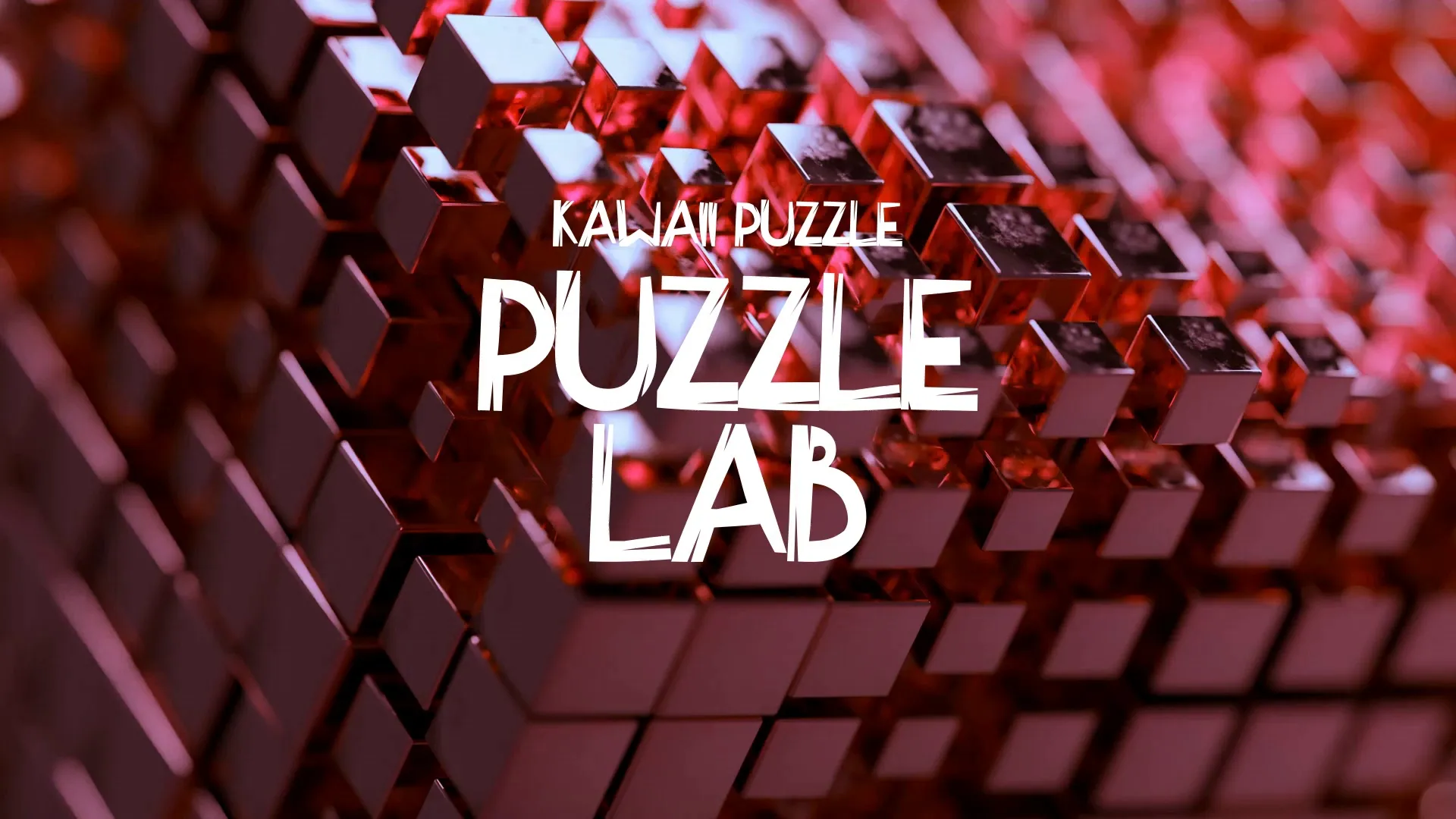Optimizing Game Dev Workflow: Integrating AI for Efficiency & Advanced Techniques
Integrating AI into your game development workflow is no longer a futuristic concept; it is a practical strategy for boosting efficiency and innovation. Indie developers, in particular, can leverage AI to streamline operations and focus more on creative endeavors.
Automating Tedious Tasks with AI
Many repetitive tasks in game development consume valuable time that could be spent on core design and gameplay. AI can automate these tasks, from generating basic assets to initial code structures. Consider using AI for generating placeholder art, texture variations, or even basic level layouts to quickly prototype ideas. This allows for rapid iteration and testing without significant upfront manual effort.
AI in Asset Creation
AI tools can accelerate the asset pipeline significantly. For instance, AI can generate concept art, character variations, or environmental props based on simple text prompts. This doesn’t replace human artists but provides a powerful starting point for creative exploration. Wayline’s Canvas can generate concept art with AI, giving you a quick visual foundation.
Another powerful application is AI-driven music and sound effect generation. Instead of licensing or creating every sound from scratch, AI can compose unique, royalty-free tracks that fit your game’s mood. Explore tools like Wayline’s Symphony to compose original game music, saving significant time and resources.
Enhancing Advanced Engine Techniques
AI isn’t just for automation; it can also augment advanced engine techniques, making complex optimizations more accessible. This includes everything from intelligent rendering pipeline management to procedural content generation driven by machine learning.
Optimizing Game Rendering Pipelines
AI can analyze scene complexity and dynamically adjust rendering settings to maintain target frame rates without sacrificing visual quality. This is crucial for optimizing game rendering pipeline performance across various hardware configurations. Developers working with Unity might find value in understanding different render pipelines; for more on this, check out 'Unity: Understanding URP, HDRP, and Built-In Render Pipeline’. AI can predict performance bottlenecks and suggest optimizations, or even apply them automatically in certain contexts.
Advanced Blueprint and C++ Techniques in Unreal Engine
For Unreal Engine developers, AI can assist in generating advanced blueprint techniques or even C++ gameplay programming advanced snippets. AI can suggest optimizations for complex blueprint graphs or identify potential errors and inefficiencies. It can also help with code refactoring, providing suggestions for cleaner, more performant C++ implementations. This acts as a powerful co-developer, especially when tackling intricate gameplay systems.
Unity DOTS Architecture Implementation
Implementing Unity’s DOTS (Data-Oriented Technology Stack) architecture can be complex but offers significant performance benefits. AI can help developers navigate this paradigm by suggesting optimal data structures and component designs for data oriented design. It can analyze your game’s systems and recommend ways to leverage the burst compiler and job system effectively, simplifying the transition to a data-oriented approach.
Avoiding Common Pitfalls
While AI offers immense potential, it’s not a silver bullet. Over-reliance on AI without human oversight can lead to generic or uninspired content. Always review and refine AI-generated assets or code to ensure they align with your game’s unique vision and quality standards.
Another pitfall is expecting AI to solve fundamental design flaws. AI is a tool to enhance your workflow, not to replace sound game design principles. Use AI to prototype and iterate faster, but ensure your core game design is robust. Wayline’s Copilot can offer AI-powered guidance for your game design, helping you refine your concepts.
Conclusion
Integrating AI into your game development workflow offers a significant advantage, enabling greater efficiency and access to advanced techniques. By automating tedious tasks, enhancing rendering pipelines, and assisting with complex engine implementations, AI frees developers to focus on creativity. Start experimenting with AI tools today to transform your development process and build better games, faster.
Stay on top of your project by tracking tasks and maintaining momentum with Momentum.
Create a free account, or log in.
Gain access to free articles, game development tools, and game assets.























